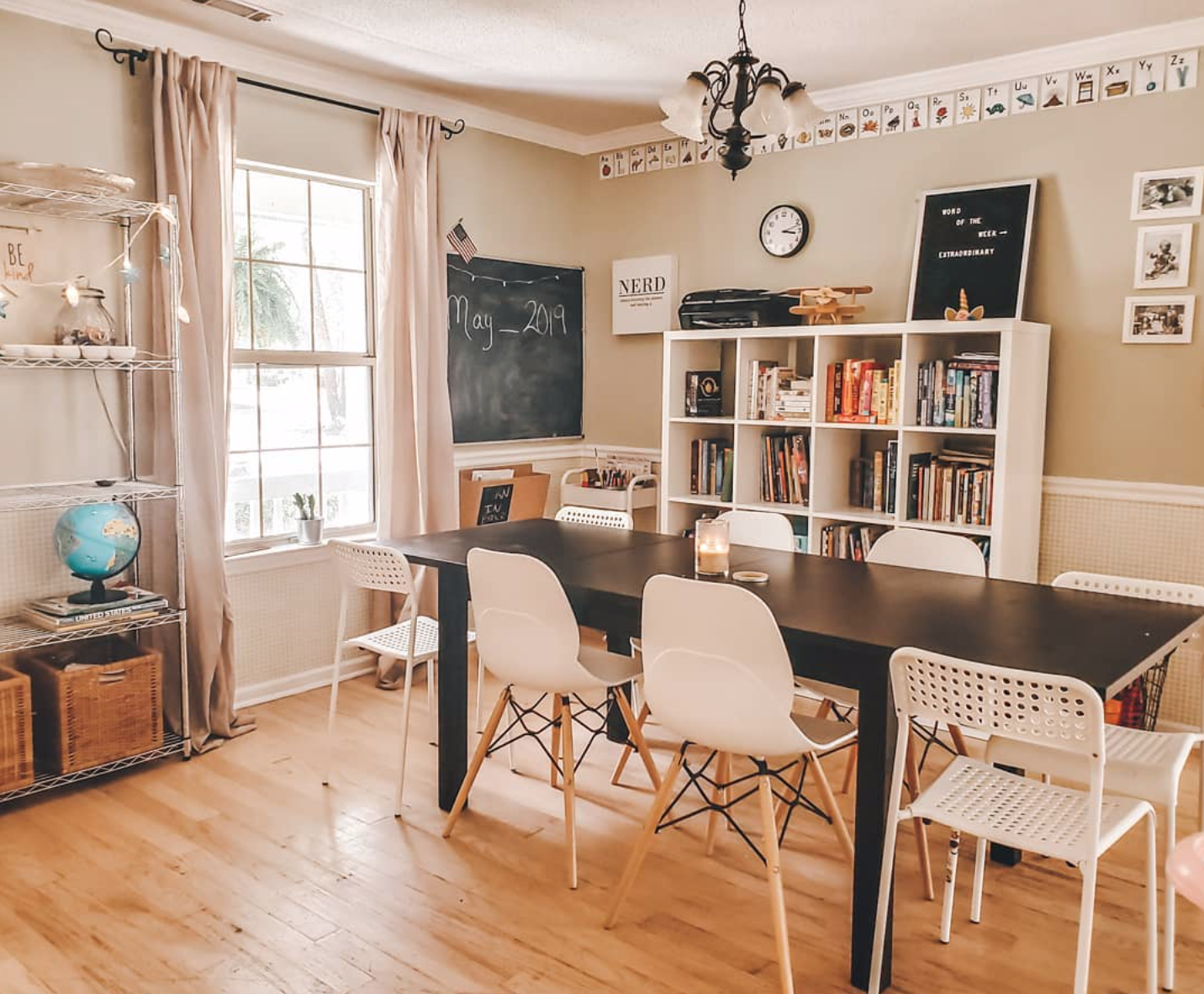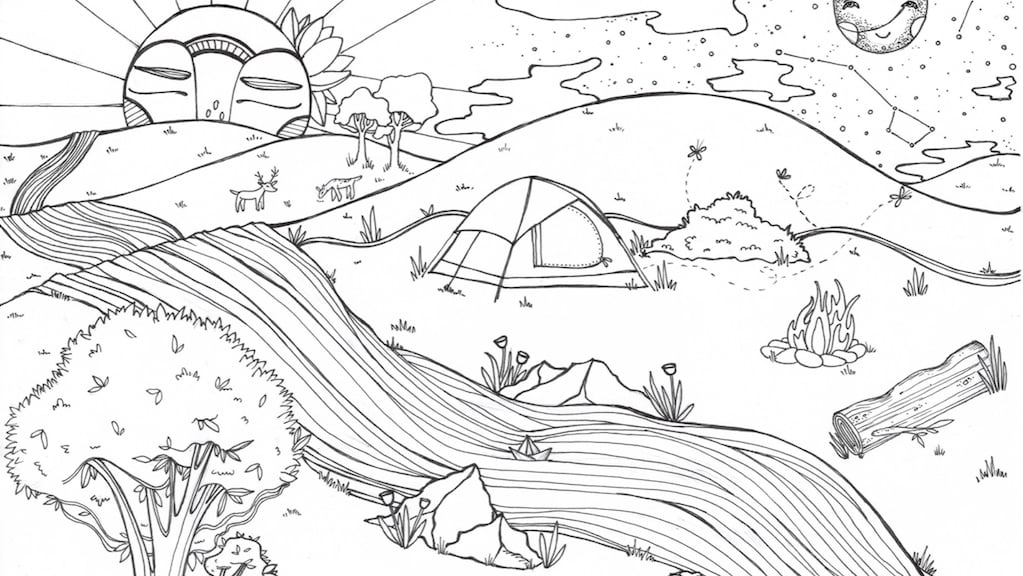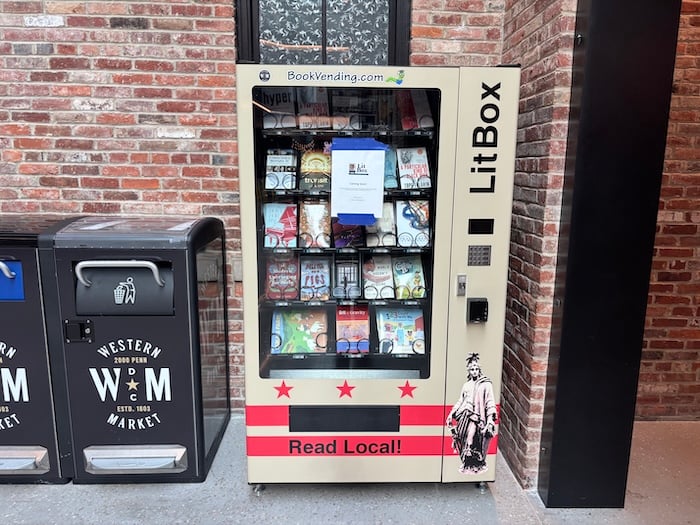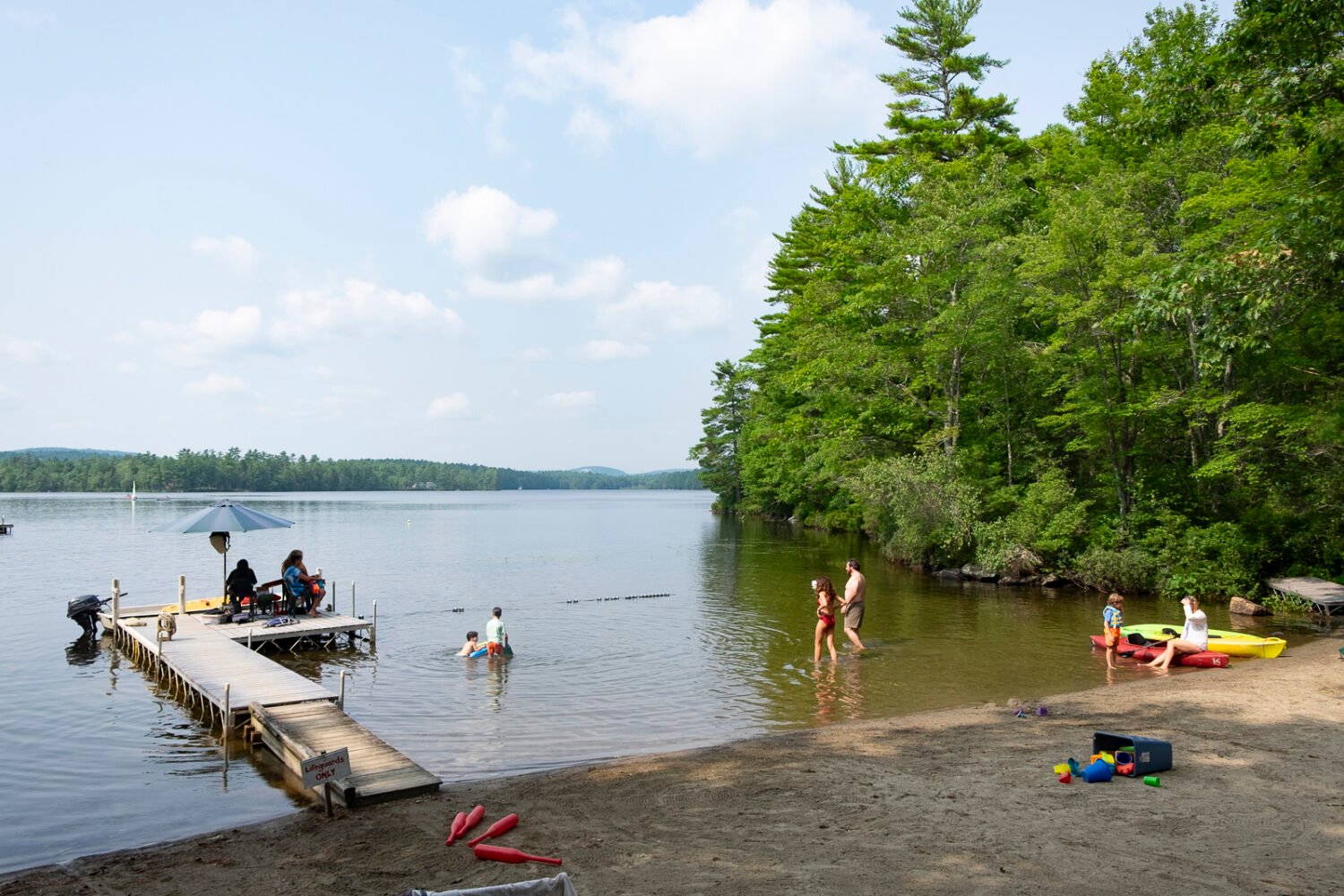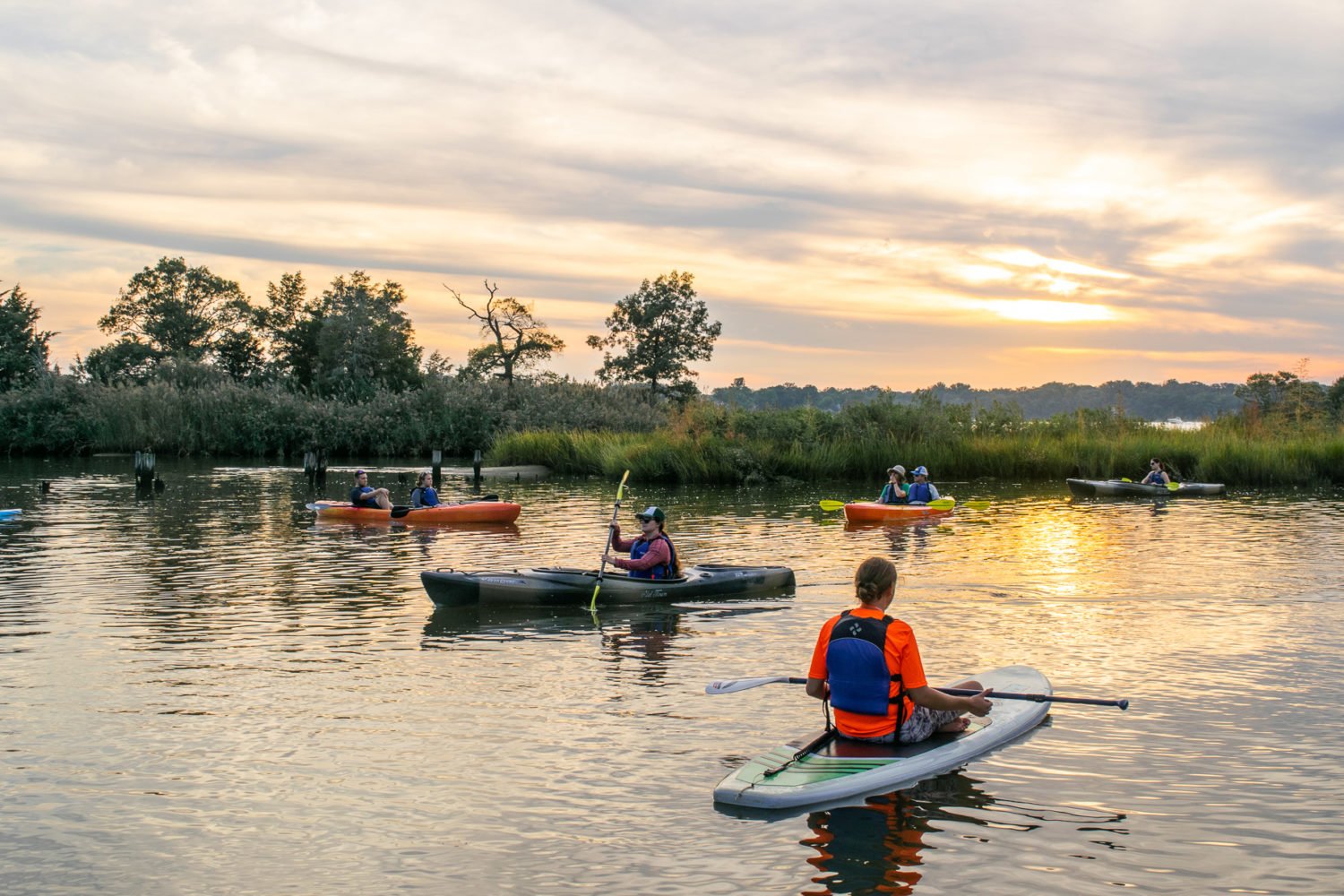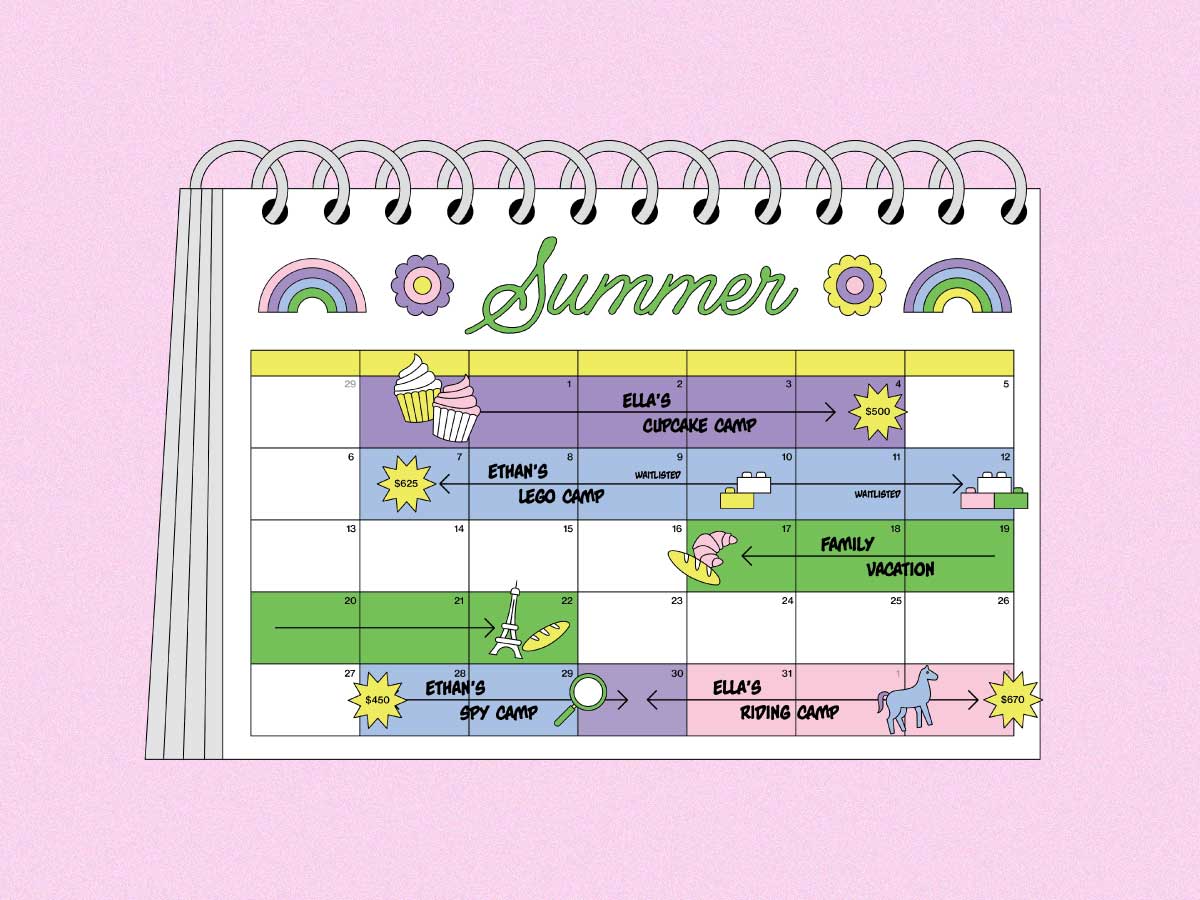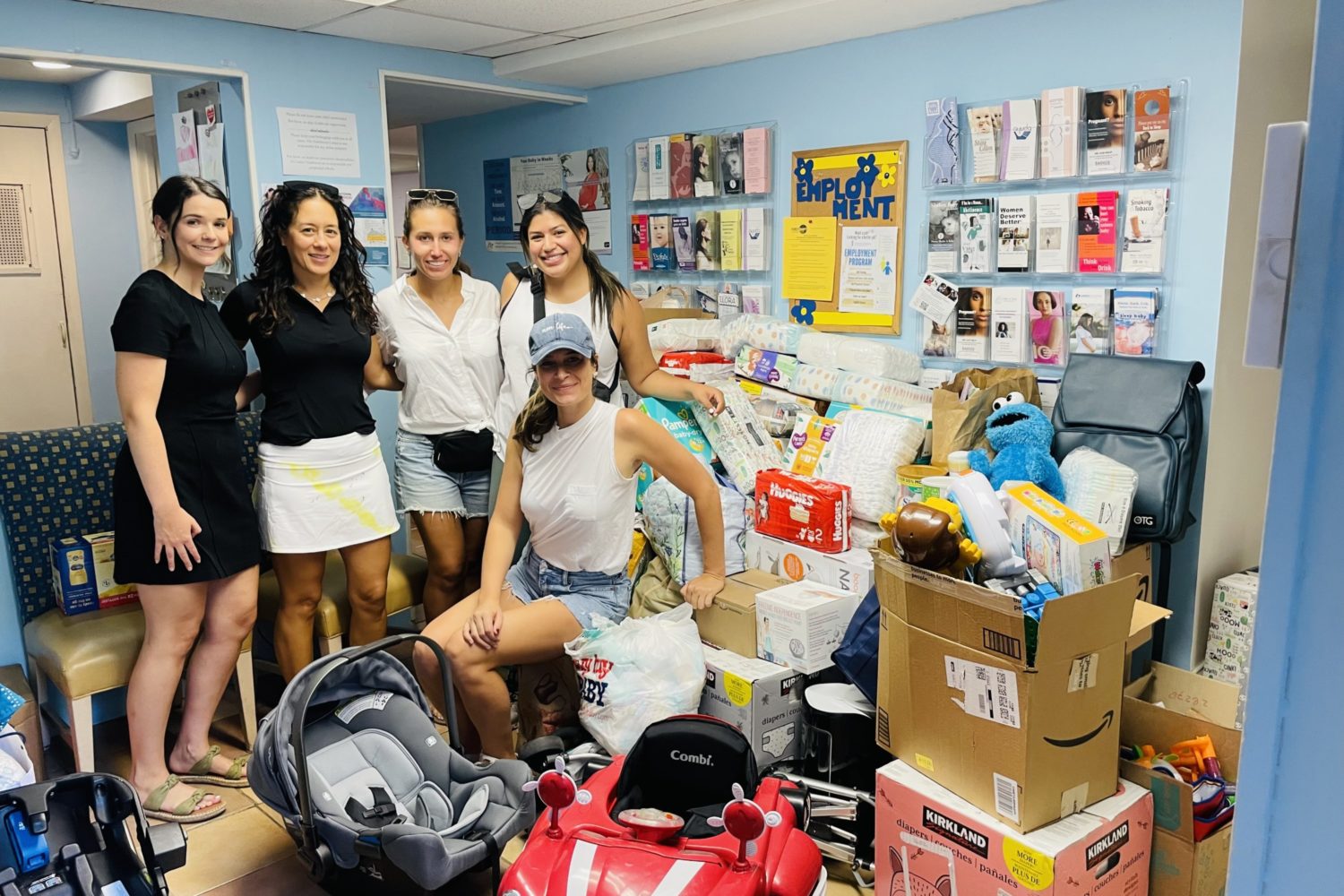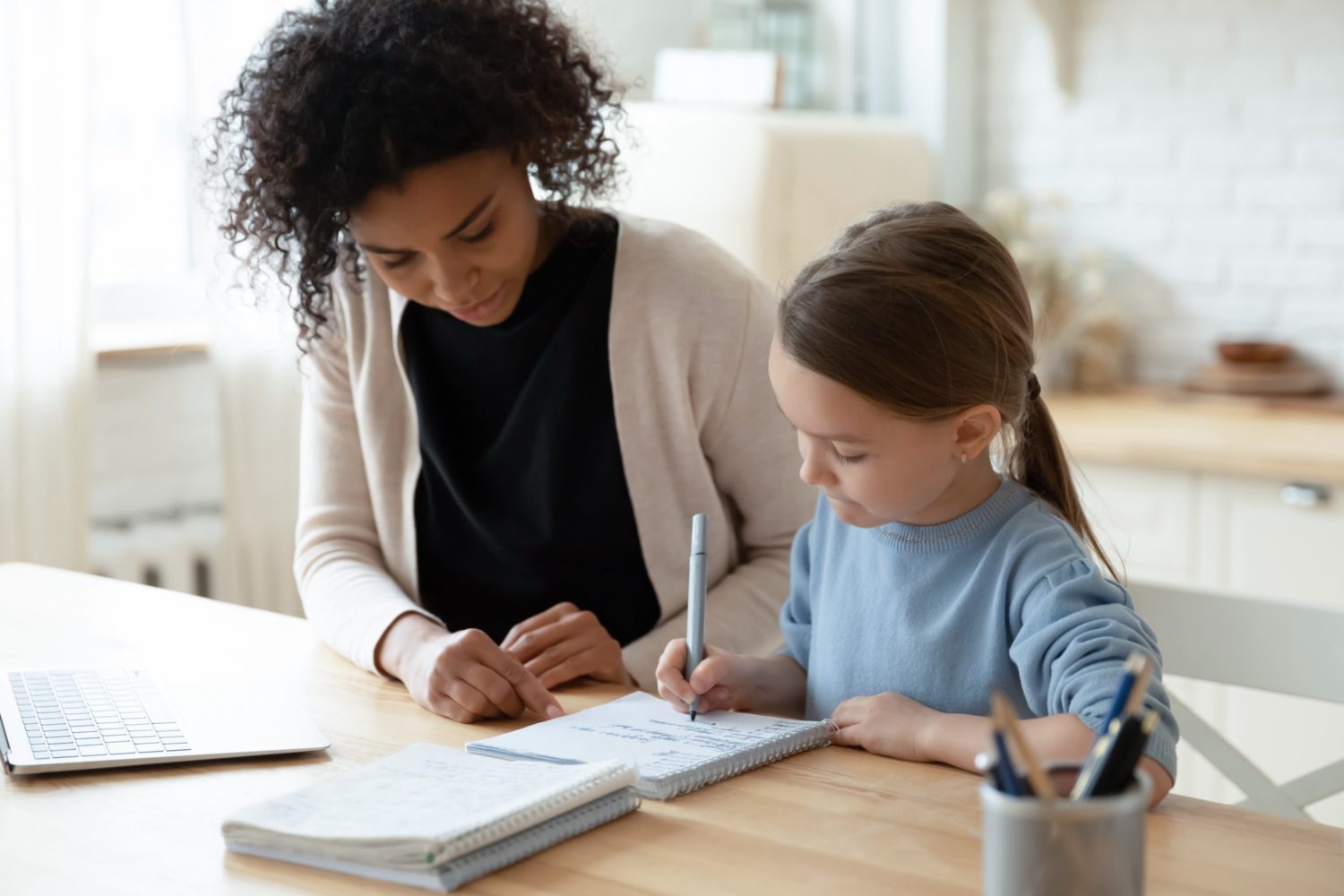About Coronavirus 2020
Washingtonian is keeping you up to date on the coronavirus around DC.
As a homeschool mom of eight, Brittany Capizzi knows a thing or two about keeping her little ones focused. For those parents whose children are home with instructional continuity due to school closures, she has some words of wisdom.
1. Don’t panic
“Your children are way more flexible than you think. They will adjust way more quickly then you will and if you remain calm and excited they will too.”
2. Keep it simple
“Don’t try to do every activity, everyday, all day. For younger kids, arrange an indoor activity or two, along with an outdoor activity or two. For older kids, let them take the lead (with a little bit of your guidance) and make suggestions on activities they’d like to do.”
3. Take breaks
“Use outside, music, dancing, stretching, and physical activity as breaks. You don’t need to keep your child sitting at a table or desk for 6 hours straight. Take lessons in 20 minute increments and allow play and physical activities in between.”
4. Use nature, life skills, and everyday surroundings as learning tools
“Your child (and you) can learn so much from the world around you. With spring approaching, is a great time to take a nature walk, look at all the things blooming and nesting and living. Research what you find, start with Google, copy what you read for handwriting and spelling, paint that gorgeous tree in bloom for art. Teach your child to bake a cake, there is a ton of math and science in baking.”
5. Go down the rabbit hole
“Now is a great time to let your child learn what they want. When you are out exploring and you come across a pretty rock, and your child asks, “Where do rocks come from?” go with it! Research it and keep going until they are satisfied. If that leads to an entire mineral study, your child will be so excited to learn what they have questions about.”
6. Read books
“You can never read too many books. Read together. Read alone quietly. Read aloud over tea and snacks. Read outside. Read everywhere.”
7. Have fun
“This is not a time to try to be your child’s (amazing) teacher from school. Don’t stress about teaching your child algebra for the first time, focus on having fun, learning with what you have and enjoying the time getting to know your child’s interests and learning style.”

